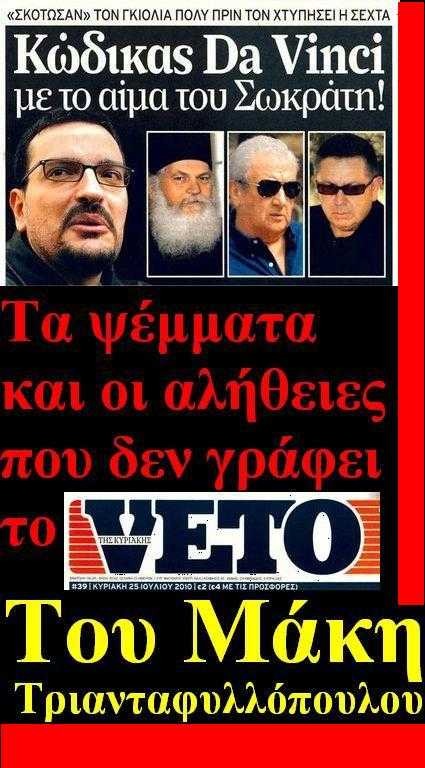 Editorial, New York Times
Editorial, New York Times
Just a year after the Group of 20 agreed to triple the resources of the International Monetary Fund to $750 billion, the head of the fund, Dominique Strauss-Kahn, is asking for $250 billion more to bolster its lending war chest.
This is a lot of money. Given its stake in the fund, Washington’s share could be about $42 billion. The fund should still get it. No one should forget that just a few weeks ago the I.M.F. had to commit nearly $40 billion to help stop Greece from imploding, and days later, it promised $320 billion to try to stop the euro from crashing.At a time when an economic crisis can spread in seconds, the fund also needs to become more agile. It comes to the rescue usually only after a country is deeply in crisis, offering loans in exchange for painstakingly negotiated policy reforms. It has rightly begun to look at ways it can help head off crises before they start.
Last year, it started new “flexible credit lines” — preapproved unconditional loans for countries that meet tough macroeconomic policy criteria but could still get sideswiped as a crisis ripples around the world. The I.M.F. hopes that with this kind of guarantee the pre- approved borrowers may never need to draw on the loans. Now it is looking at “precautionary credit lines,” with conditions, for countries with weaker finances.
So far only Mexico, Poland and South Korea have lined up for the blue-ribbon “flexible credit lines.” Others have feared that doing so would signal weakness to financial markets. The “precautionary credit lines” may be even less popular. Still, the I.M.F. is right to be thinking this way.
Credibility is also essential for the fund to do its work. Right now it has far too little in the developing world, where it is seen as unfairly favoring wealthy countries. Developing countries noted that its loan to Greece amounted to 22 times Athens’s share of the fund’s capital. And many Asian nations — critical of the drastic budget cuts the I.M.F. demanded of them during the 1990s Asian financial crisis — are resentful of the relative lenience the fund has shown toward Europe.
The fund’s thinking has evolved in recent years. It must, of course, require borrowers to commit to sound fiscal policies. But it increasingly accepts the notion that countries need to maintain viable social safety nets to protect the most vulnerable. And it has dropped its emphasis on “structural” performance criteria — privatization, banking regulation, trade policy — that were seen as doctrinaire and unrelated to the problem at hand.
The fund could bolster its credibility in the developing world if the United States and Europe were to chuck their 65-year-old agreement to have a European running the fund and an American in charge of the World Bank.
Rich countries must also give more voting power to developing countries, including China and Brazil, whose growing power in the world economy is not matched by their say at the fund. Leaders of the G-20 must follow through on their pledge to shift 5 percent of the I.M.F.’s shares and voting power from rich countries (mainly in Europe and the Middle East) to developing nations.
We know that calling for more money for the I.M.F. will not be politically popular, especially at a time when governments around the world have vowed to cut spending at home. Some European countries are already balking at giving up some of their voting power. These are perilous times. And a strong, credible and well-financed fund is absolutely essential for global economic stability.




